First jobs: how did your early work experience shape your career?
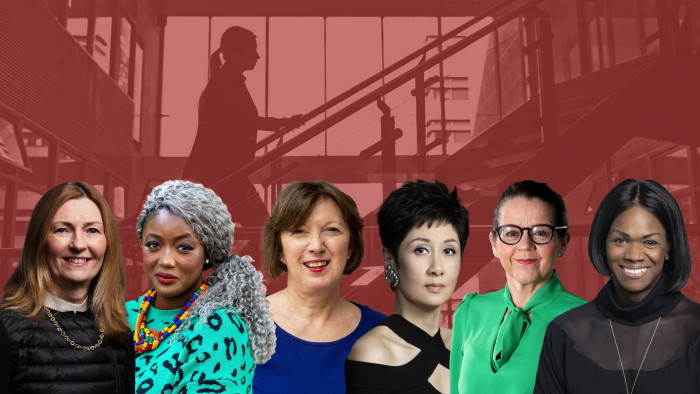
Roula Khalaf, Editor of the FT, selects her favourite stories in this weekly newsletter.
An early casual job or internship gives young people an insight into the world of work. Six women who have made a mark share their experiences with the FT’s Maxine Kelly (waitress, fruit & veg sorter) and Harriet Arnold (bedmaker, tomato picker).
Dame Anne Richards, chief executive at Fidelity International

I did a few different jobs in my teenage years but perhaps my favourite was working as an usher in a concert hall.
The basic job was to check tickets and show people to their seats. The incentive, of course, as a teenager, was to get to listen to the concerts for free. One regular concertgoer was notorious for falling asleep part way through performances and he would snore extremely loudly. Whoever was looking after that section of the hall that night had to give him a gentle nudge to wake him up. He was always astonished that anyone imagined he’d fallen asleep!
The most valuable lesson for a pretty gauche teenager was the realisation you could have a major impact on how much people enjoyed their evening, just by how you treated them.
The job also taught me commitment — you couldn’t not show up just because you were tired. But it was also fun. I worked with a great bunch of people, there was trust, teamwork and camaraderie, and I think those are all things that I’ve looked for in every job I have done since.
Dame Vivian Hunt, former senior partner at McKinsey
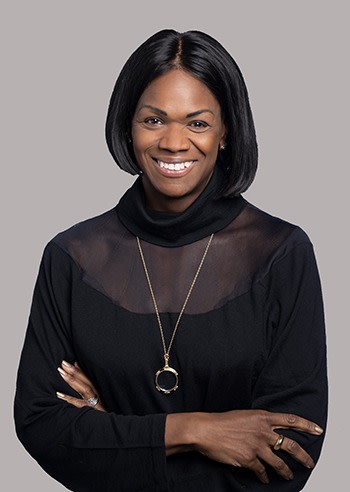
I joined the Peace Corps for a two- to three-year period after university. I wanted to go to sub-Saharan Africa — somewhere where I could learn French — and I was especially interested in microfinance. Soon enough, I was transferred to midwifery in Senegal. But I took it because, as a young person, if you get three out of four of what you’re looking for, you take it. And it really changed my life.
We were based in the infirmary, but most healthy routine births took place at home with a family midwife and no contact with the healthcare system. So, by the time we would see the births, they were already very complicated. It was traumatising; I was a young person who didn’t have clinical training, I also had never had a child myself at that point.
I had to collaborate with a wide group of people — clinicians, rural midwives and religious leaders — but I also had to collaborate deeply with the families. Some of the work I do even now, about how to tailor and measure ESG impact and healthcare outcomes, is defined by the stakeholders, not just financial metrics — you can see echoes of that right back in that first experience.
Michelle Ong, co-founder and creative director of Carnet
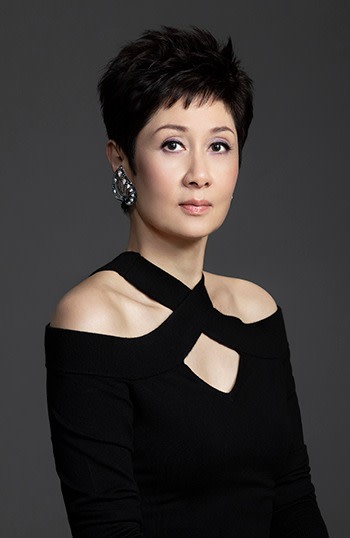
My first job was my only job. I was apprenticed to the first diamond importer in Hong Kong. I had just graduated with a degree in sociology from the University of Toronto, but I had always loved jewellery and gemstones, and back in Hong Kong I decided to follow my heart.
It was a small business, so I did a bit of everything: sorting stones, meeting wholesalers, taking the stones to clients. There were very few women in the diamond business at the time and, often, clients would ignore me and only deal with a man, even if he knew less. But it never really bothered me.
I also learnt how to manage a business. The disadvantage was that the importer wasn’t at all interested in design. I simply began to design my own jewels and have them made, and my business grew from here. Perhaps the greatest life lesson from that first job is that it taught me that I could do whatever I want.
Anne-Marie Imafidon, founder and chief executive at Stemettes, and author of She’s in CTRL
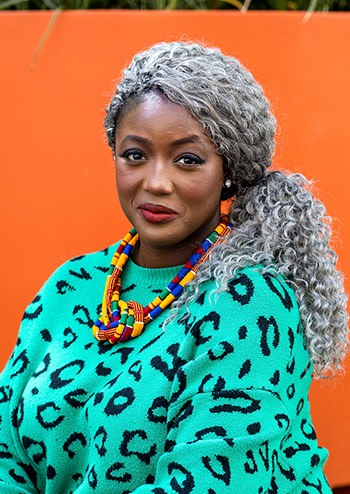
At 16, I did a five-week internship at Deutsche Bank as part of the Windsor Fellowship’s “I Have a Dream” programme. I was working in the technology team that supported HR processes, assisting with the rollout of the annual review process.
I was speaking to all manner of folk across corporate levels and departments. The experience made me feel that, with my tech knowledge, I could belong anywhere and it gave me the confidence to talk to anyone, no matter their status.
It also gave more detail to my ambitions. I knew what the corporate environment looked like and knew what my life could look like if I joined it. There were two managers of our team who had very different approaches. I learnt that you can lead as your whole authentic self without having to hide aspects of yourself — and that the people following you respect the openness more than you pretending to be what you think a manager should be.
Jackie Henry, managing partner for people and purpose at Deloitte
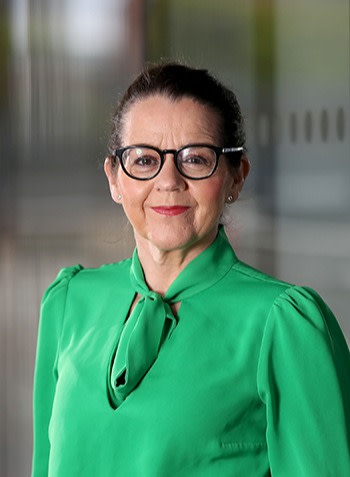
I started working in my dad’s grocery store in North Belfast when I was 15 up until I went to university. Every Saturday, you could find me stacking shelves, on the till or chatting to customers, along with dad and granddad Herbie.
Working in the shop taught me a huge amount about the fundamentals of running a business, managing customers and to not take myself too seriously. I even got some crisis management experience: one morning I was managing the shop alone when the ceiling fell through!
As managing partner, I can apply the fundamentals I learned from that first job. My strength is connecting and listening to people and hearing their preferences. This has helped me put in place policies at Deloitte that are valuable for our people, such as our flexible working policies.
I returned to my first job a few years ago to help out when dad became unwell — during the week, I was a partner at Deloitte; and, on a Saturday, you could buy a 10 pence sweetie mix off me in the shop.
Frances O’Grady, general secretary at the TUC
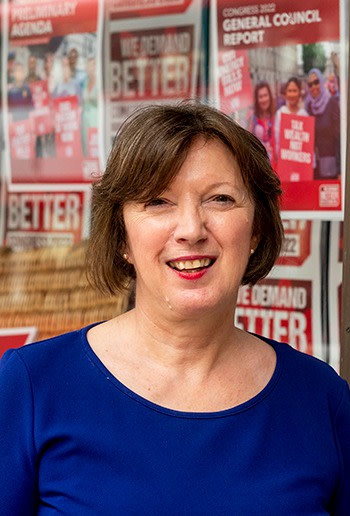
I was a papergirl, a small 12-year-old carrying a big bag of newspapers. Then, I worked in a corner shop, which I hated because I was on my own just sticking prices on groceries. Also, the boss literally counted out every last penny coin of my wages — he never rounded up.
But I loved my next job in a newsagent. I read every newspaper and magazine, and I met lots of people. I was curious about the world. A job gave me money in my pocket.
The newsagent owner was lovely, a warm and strong woman who made her own way. She gave me responsibility, but was also protective and dealt with any creeps who came in. And she was forgiving, such as when I turned off the ice-lolly freezer by mistake.
One of the great losses in work today is training and pastoral care — the informal coaching and bringing young people on that used to happen. Apprenticeships still do that, though, and I’ve also heard of shop stewards being known as “auntie”.
I still get my batteries charged by meeting people, and I’m still curious about what happens behind the scenes.
Women at the Top Americas Summit
Join leaders from Qualcomm Incorporated, PepsiCo, Twitter and more at our Women at the Top Americas Summit. Taking place on November 14 at the Dream Downtown, New York, as well as online, our speakers will discuss how purposeful action from leaders can drive real change. Claim our limited 25% discount offer on our VIP in-person summit using promo code SPECIALREPORT22. Register for your in-person or digital pass today.
Comments